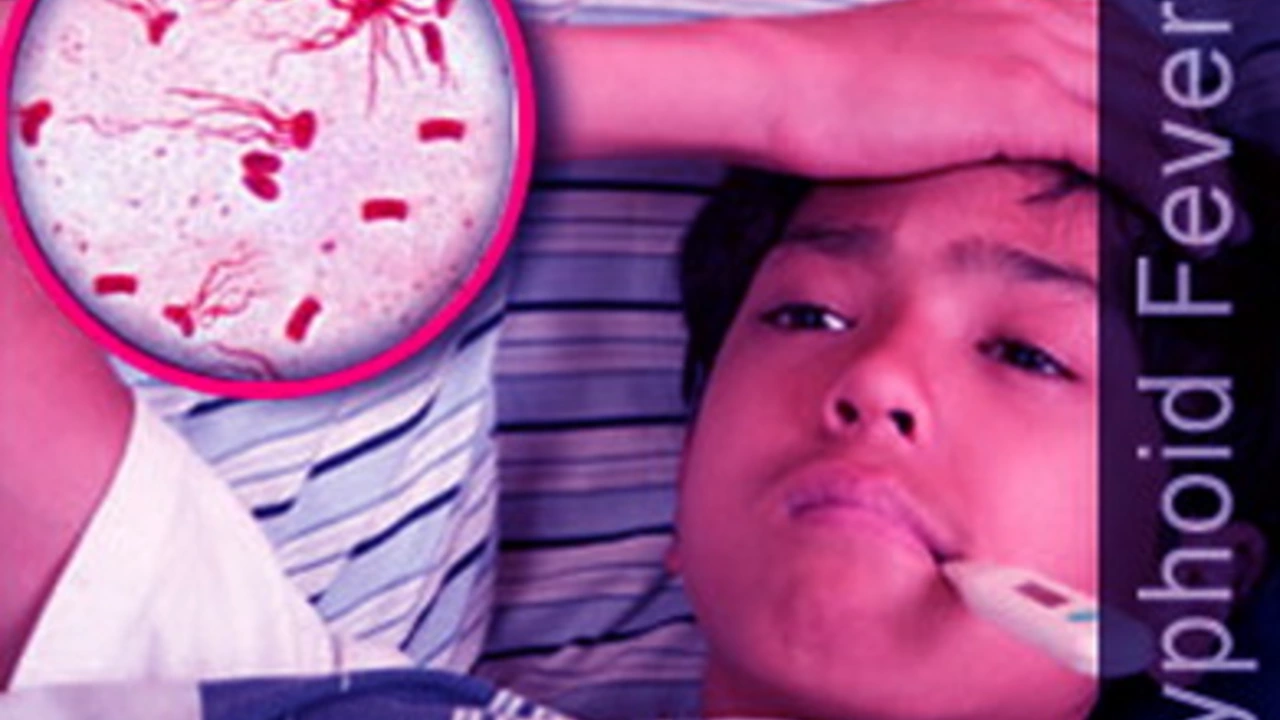Typhoid fever: what to watch for and how to manage it
Typhoid fever is a bacterial illness spread through contaminated food and water. Worldwide it still causes millions of cases each year, especially where clean water and sanitation are scarce. You can catch it at home or while traveling. The good news: with prompt care most people recover. The tricky part is antibiotic resistance, so picking the right treatment matters.
Symptoms & when to seek help
Early signs are often vague—persistent high fever, headache, tiredness, and stomach pain. After a few days you might see constipation or diarrhea, loss of appetite, and those small pink "rose spots" on the chest or belly. If fever lasts more than three days, or you get severe belly pain, bloody stools, confusion, or signs of dehydration, see a doctor right away. Untreated typhoid can cause serious complications like intestinal perforation.
Doctors diagnose typhoid with blood, stool, or bone marrow tests. These tests also help check which antibiotics will work, which matters because resistant strains are common in some regions.
Prevention, vaccines and affordable treatment options
Prevention is mostly about water and food safety. Drink bottled or boiled water, avoid raw salads and street food in high-risk areas, and wash hands often. There are two main vaccines: an oral live vaccine and an injectable Vi-conjugate vaccine. Vaccination lowers your risk but doesn’t replace safe food and water habits.
Treatment is antibiotics. Common choices include azithromycin and ceftriaxone, but local resistance patterns change which drug is best. That’s why testing and medical advice matter. Never self-prescribe antibiotics without a diagnosis; wrong drug or wrong dose can make the infection worse or fuel resistance.
If cost is a concern, try these practical steps: ask your clinic about generic options, check local public health programs for subsidized care, and compare prices at licensed pharmacies. If you consider buying online, verify the pharmacy’s license, read user reviews, choose secure payment, and avoid shops offering prescription-only drugs without a prescription.
Short-term home care can help while you get medical treatment: rest, stay hydrated with safe fluids, and use fever reducers like acetaminophen. Avoid anti-diarrheal drugs unless your doctor approves.
Travelers: get vaccinated before visiting high-risk regions, stick to sealed drinks and cooked food, and carry oral rehydration salts and a plan to access medical care if needed.
Typhoid is preventable and treatable when you act fast. Watch for persistent fever after risky food or travel, get tested, and choose treatment guided by a clinician. If cost worries you, ask about generics, local assistance, and verified pharmacies to keep care safe and affordable.
Cefuroxime for the treatment of typhoid fever: An overview
In my latest blog post, I dove deep into the use of Cefuroxime for treating typhoid fever, a serious and potentially fatal disease. I discussed how Cefuroxime, an antibiotic, works by inhibiting bacterial cell wall synthesis, thus helping to fight off the infection. I also touched on its effectiveness and potential side effects. It's worth noting that while Cefuroxime can be a powerful tool against typhoid, it's important to use antibiotics responsibly to prevent resistance. So, if you're interested in learning more about this treatment option, give my post a read!
Read More
